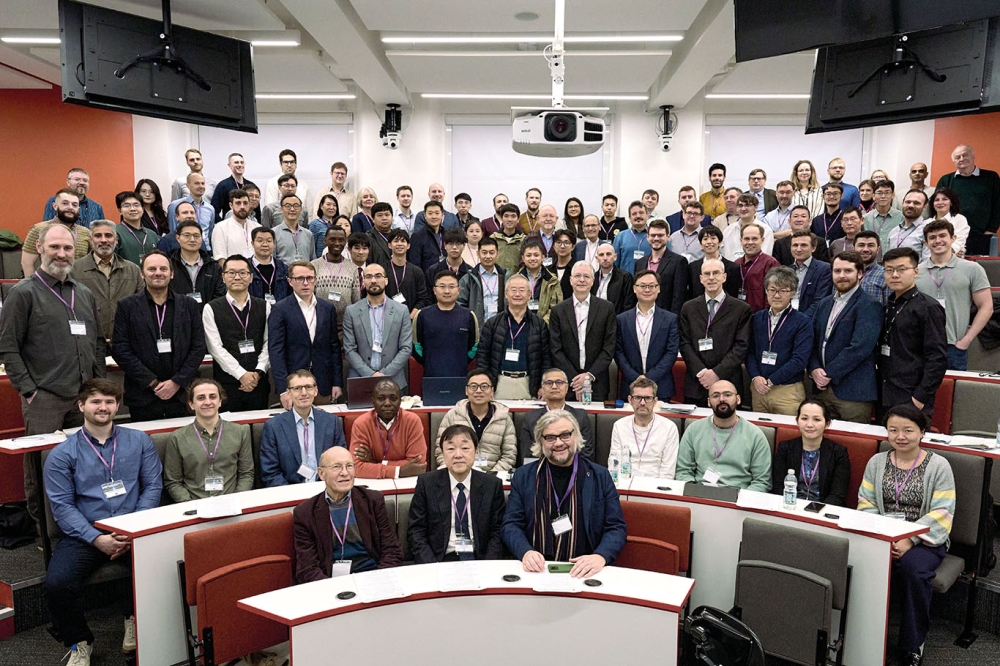News Article
UoC to make SiGe nanowires with Aixtron Black Magic tool
UoC will use system for integrating synthetic nanomaterials with semiconductor nanowires.
Aixtron has reported an order for one 4-inch Black Magic deposition system from the University of California, Berkeley, USA. Capable of both SiGe nanowire and CNT (carbon nanotube) deposition, the system will be installed in the Laboratory for Nano Materials & Electronics in the first half of 2010.
Ali Javey, UC Berkeley Assistant Professor of Electrical Engineering and Computer Science said, “The Black Magic system was selected for its unique ability to grow both SiGe nanowires and CNTs uniformly, rapidly and repeatably. In addition, we know we can trust Aixtron as one of the world’s largest manufacturers of semiconductor deposition systems to deliver reliability, safety and user-friendly operation in the equipment. This system will be very useful for our research in achieving large-scale synthesis of nanowire arrays for integrated electronics and sensors.”
Research underway at the UC Berkeley Laboratory for Nano Materials & Electronics covers a range of science and engineering disciplines but focuses on the integration of synthetic nanomaterials, such as CNT and semiconductor nanowires, in novel electronic applications, such as printed electronics, sensors and flexible photovoltaics.
In 2009, Javey won the “Mohr Davidow Ventures (MDV) Innovators Award” and was also a recipient of a "2009 Young Innovators Under 35" (TR35) award by the Technology Review magazine.































